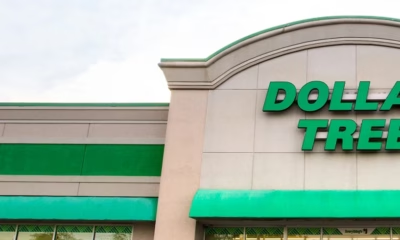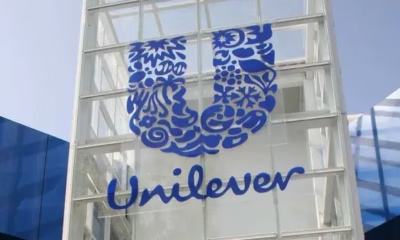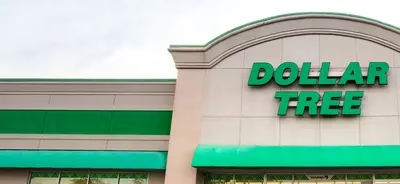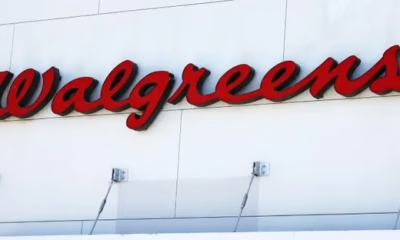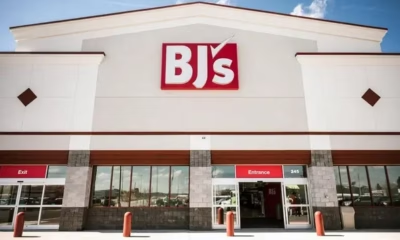FMCG
Unilever First-half profits beats expectations
Unilever’s profits beat expectations for the first half of 2024, despite sales missing analyst forecasts.
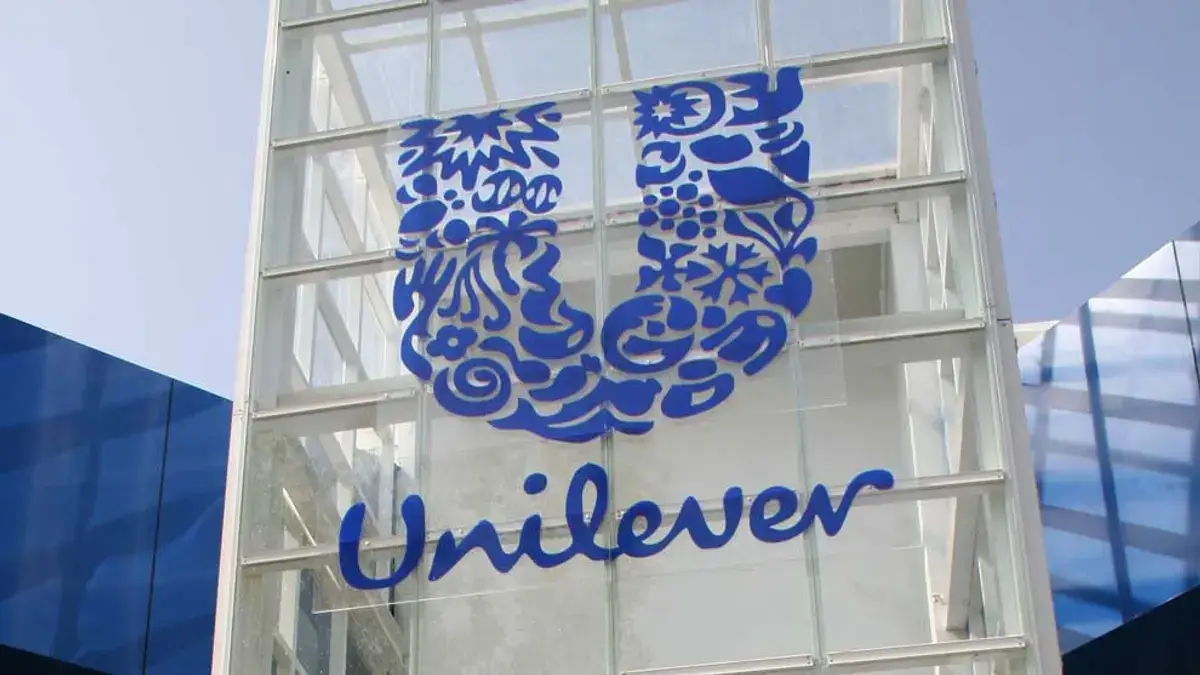
Unilever’s Strong Performance Amid Brand Spin-Outs
The FMCG giant saw underlying operating profit increase by 17.1% to €6.1 billion (£5.1 billion) for the six months ending in June, exceeding market expectations of €5.44 billion (£4.5 billion).
While the Hellmann’s and Ben & Jerry’s owner reported a sales increase of 3.9% in the second quarter, this fell short of the analyst consensus of 4.2%. However, underlying sales growth in the first half was 4.1%, which Unilever attributed to both volume and price adjustments. The company maintained its full-year underlying sales growth forecast of 3% to 5%.
In its nutrition division, underlying sales grew by 3.2%, returning to positive volumes in the second quarter at 0.4%. Conversely, ice cream sales growth was only up by 0.6%, with volume down by 1%, primarily due to weaker sales in China and a sluggish start to the summer season in Europe.
Ice Cream Division Spin-Out
Unilever is set to spin out its ice cream division, which will affect popular brands such as Magnum, Ben & Jerry’s, Wall’s, and Cornetto. The “full separation” from the group is expected by the end of 2025. This decision aims to foster the development of the ice cream brands, which Unilever believes have “distinct characteristics” compared to other divisions. The company anticipates that these changes will “create a world-leading business” and drive stronger performances.
Unilever’s chief executive, Hein Schumacher, emphasized the company’s focus on driving high-quality sales growth and gross margin expansion, led by its power brands. He noted, “Over the first half, we made progress on those ambitions. Strong gross margin progression fueled increased investment behind our innovations and resulted in a step-up in profitability.”
The implementation of a comprehensive productivity program and the separation of the ice cream division are deemed essential to fulfilling Unilever’s commitment to transform into a consistently higher-performing business. As the FMCG landscape continues to evolve, Unilever’s strategic divestment underscores the ongoing trend among major players to refocus their brand portfolios for enhanced growth.



